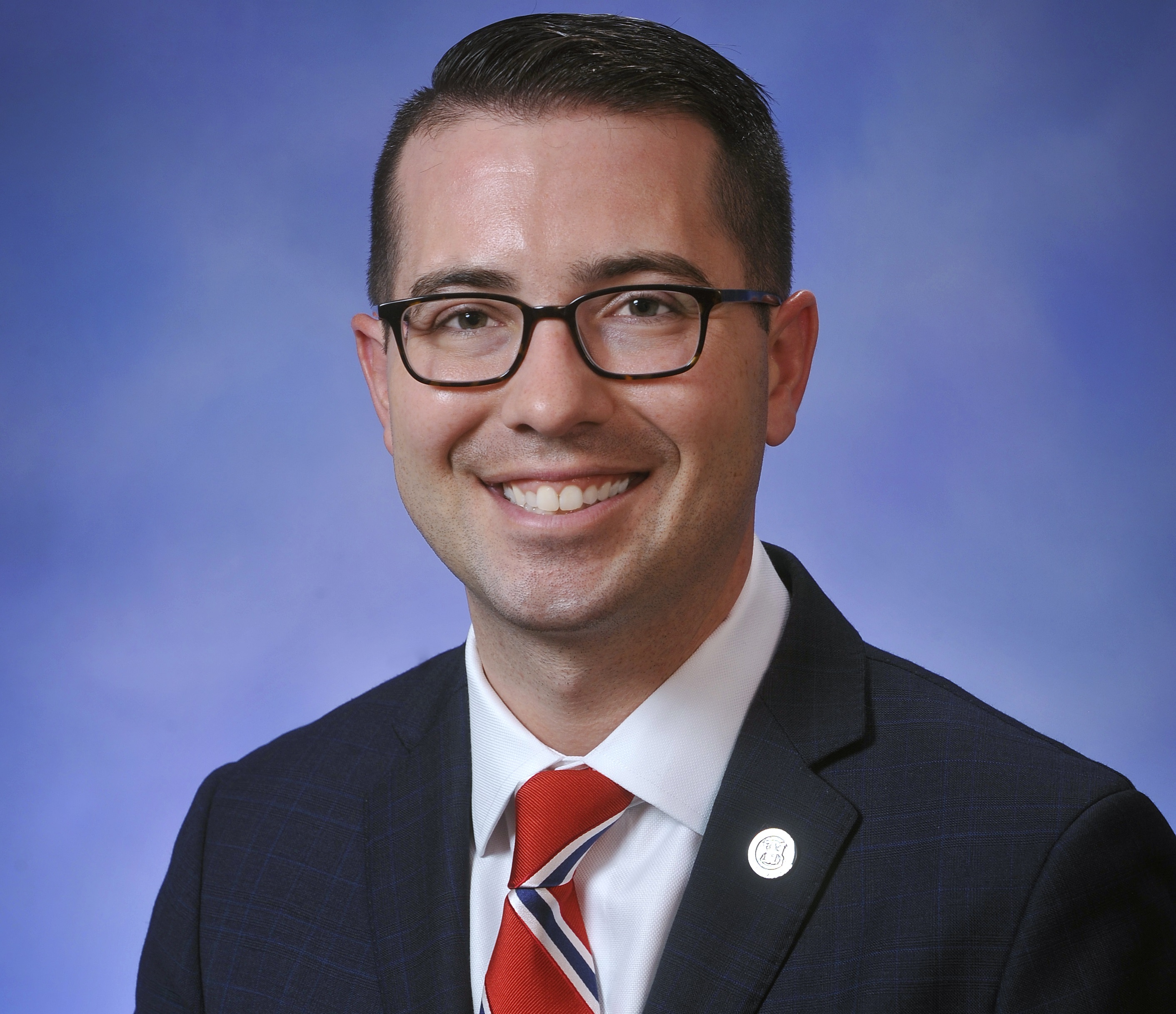
Michigan Online Gaming Push Resumes Courtesy of State Rep. Brandt Iden
Online gaming could soon be flowing through the Great Lakes State after Michigan State Rep. Brandt Iden reintroduced his online gaming bill.

Michigan State Rep. Brandt Iden (R-61st) is pushing to make online gaming a reality in the Great Lakes State. (Image: gophouse.org)
Making its way through the political quagmire in 2018, the political proposal aims to legalize online poker and casino gaming within the state. What’s interesting about the submission is that came within a single signature of being written into law last year.
Favorable Terms for Online Gaming Operators
As per the terms, operators would be required to pay a $100,000 application fee, a $200,000 licensing fee and an annual levy of $50,000. For that, licensees would be able to offer all forms of online gaming and, potentially, sports betting in the future.
One of the more attractive features of Iden’s bill is the annual tax rate. Currently set at 19 percent for live gaming venues, those active online would have to pay just eight percent each year.
With support from industry insiders and politicians, the legislation made successfully made its way through the House in 2018. A rejection by the Senate followed before an amended version passed by a margin of 33-5.
The House subsequently approved the updated text and the bill found its way onto Governor Rick Snyder’s desk. Although many assumed his signature was a formality, the departing Governor nixed the deal, suggesting an online gaming bill would hurt the state’s lottery.
Out of time, discussions took a break over the festive period and into 2019 before Iden reintroduced the bill last week.
Old Criticisms Put to Rest
Hoping to receive the same support as last year, the Republican quickly addressed Snyder’s parting critique. In the hearing held on March 12, Iden made it clear that online gaming wouldn’t cannibalize lottery sales.
“Iden is adamantly refuting the notion that online gambling would harm the lottery. Lottery players and poker players are two different people,” gaming reporter Steve Ruddock tweeted on March 12.
Although one follower pointed to the fact slots and lottery players share similar interests, few would argue that poker players fall into the same category.
Alongside the assertion that online gaming won’t detract from lottery sales, local operators came out in support of the bill. While the tax rate is probably helping sway casino owners, those represented at the hearing also said online gaming would offer a form of protection for industry workers.
If the latest bill can get across the line, it would be the culmination of multi-year push by officials. In 2016, hopes were high when Senate Bill No. 889 was introduced by Senator Mike Kowall.
When that fell by the wayside, Iden stepped into the breach with his take on how to regulate online gaming. 2017 saw his initial bill gain traction before last year’s efforts pushed Michigan to the list of states that could join the regulated regions of New Jersey, Nevada, Delaware and Pennsylvania.
At this stage, the road to acceptance is a long one. However, with momentum on its side, Iden’s online gaming bill could finally make it into law this year.















0 Comments